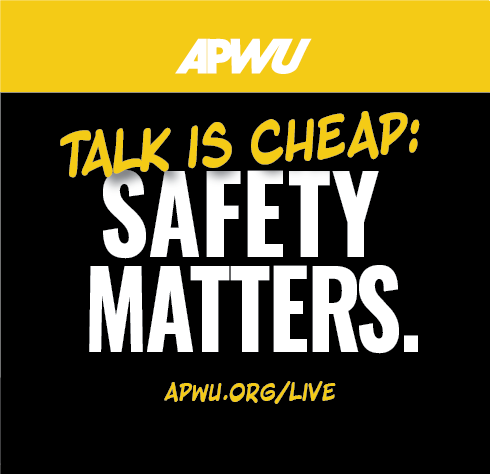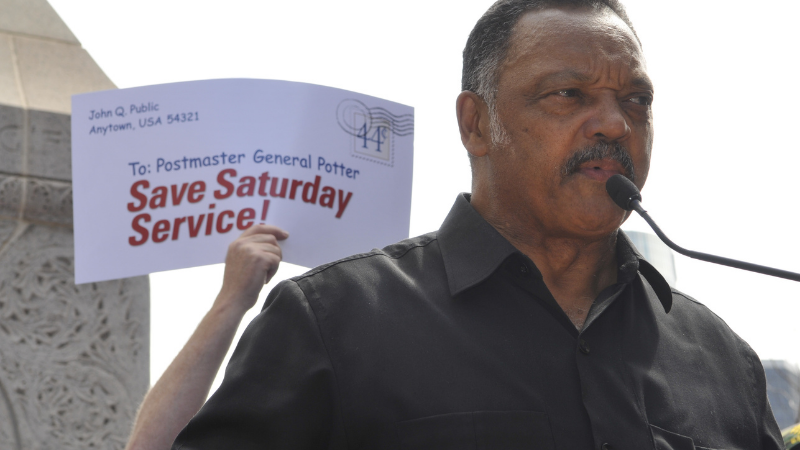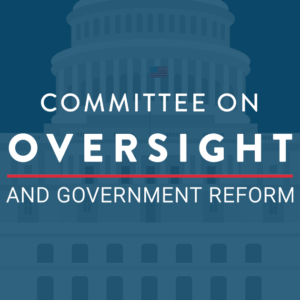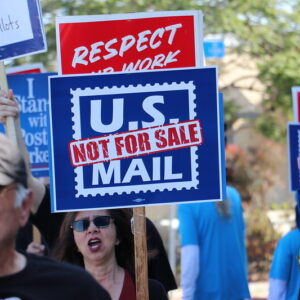
February 10, 2026
APWU President Jonathan Smith Hosts First Livestream
Contract Enforcement, Safe Jobs, Safety and Health
On Tuesday, February 10 APWU President Jonathan Smith hosted his first livestream. Titled "Talk is Cheap, Safety Matters," Pres. Smith spoke about the need for vigilance and action from individuals, local unions, and the national union to better prot...





